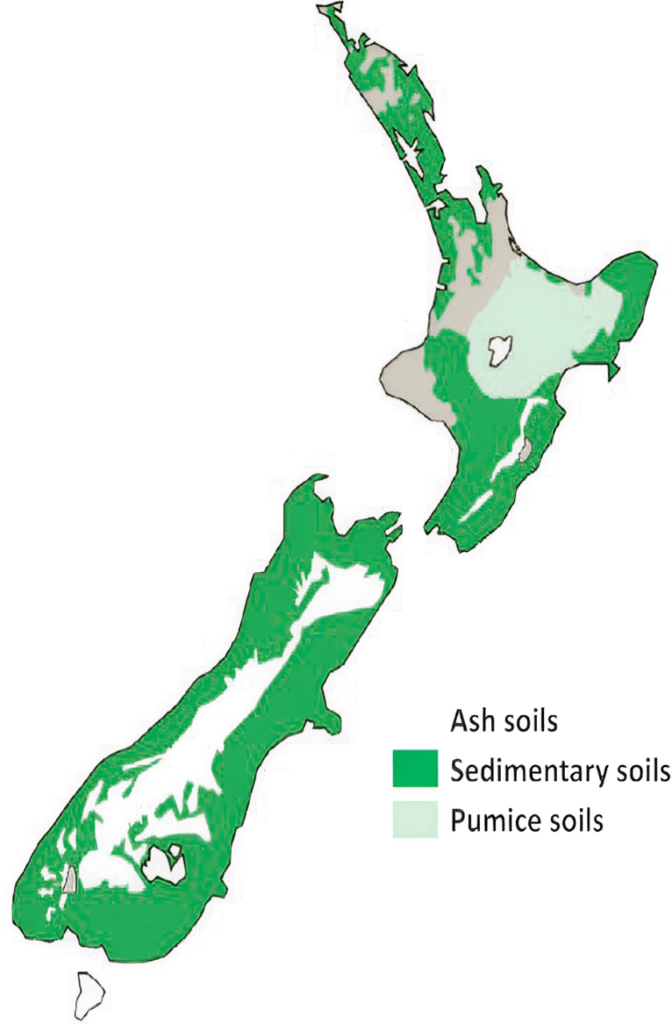The Role of Allophane in Carbon Sequestration: New Zealand’s Volcanic Soils Uncovered by Soil Scientist Dr Gordon Rajendram
Volcanic soils, rich in unique minerals such as allophane, play a pivotal role in New Zealand’s agricultural success and environmental sustainability. Dr. Gordon Rajendram, a leading soil scientist, explains that allophane, an amorphous mineral found predominantly in the volcanic ash soils of regions like Waikato and Taranaki, significantly enhances carbon sequestration capabilities, which is crucial […]



